Kevin Jonas, one of the famous Jonas Brothers, recently took to social media to share a personal and important health update. The singer-songwriter revealed that he was diagnosed with basal cell carcinoma, a common form of skin cancer. In his heartfelt post, he also emphasized the importance of getting regular skin checks, urging his followers to be proactive about their health.
Understanding Basal Cell Carcinoma
Basal cell carcinoma (BCC) is the most common type of skin cancer. It arises from the basal cells, which are found in the outermost layer of the skin. Unlike more aggressive types of skin cancer, BCC grows slowly and is less likely to spread to other parts of the body. This characteristic makes it easier to treat if caught early.
Kevin Jonas’s Diagnosis and Treatment
Kevin Jonas's announcement has brought attention to the critical need for regular skin examinations. He explained that he had a suspicious growth removed, which was later confirmed to be basal cell carcinoma. His prompt action in getting the mole checked and removed likely contributed to a positive outcome, highlighting the effectiveness of early detection and treatment.
The Importance of Regular Skin Checks
Skin cancer can affect anyone, regardless of age or lifestyle. The American Cancer Society recommends regular skin checks as part of a comprehensive approach to skin health. Here’s why regular skin checks are essential:
1. Early Detection Saves Lives: Detecting skin cancer early significantly increases the chances of successful treatment. When caught early, even aggressive forms of skin cancer can often be treated effectively.
2. Preventive Measures: Regular checks can help identify precancerous lesions that can be treated before they turn into cancer. This proactive approach can prevent the development of more serious conditions.
3. Awareness and Education: Being familiar with the signs and symptoms of skin cancer can help individuals take prompt action. Common signs include new growths, changes in existing moles, and any unusual skin changes.
How to Perform a Self-Check
Performing a self-check for skin cancer is simple and can be done at home. Here’s a step-by-step guide:
1. Examine Your Skin: Use a full-length mirror in a well-lit room to examine your entire body. Don’t forget to check less obvious areas like your scalp, the soles of your feet, and between your toes.
2. Look for Changes: Be on the lookout for new moles or growths, changes in existing moles, and any skin changes that are unusual for you.
3. Use the ABCDE Rule: The ABCDE rule can help you identify suspicious moles:
- A for Asymmetry: One half of the mole doesn’t match the other.
- B for Border: The edges are irregular, ragged, or blurred.
- C for Color: The color is not uniform and may include shades of brown or black, or patches of pink, red, white, or blue.
- D for Diameter: The spot is larger than 6mm across (about the size of a pencil eraser), although melanomas can sometimes be smaller.
- E for Evolving: The mole is changing in size, shape, or color.
4. Consult a Professional: If you notice any suspicious changes, make an appointment with a dermatologist. Professional evaluations are crucial for an accurate diagnosis and appropriate treatment.
Professional Skin Examinations
In addition to self-checks, it’s important to have regular skin examinations by a healthcare professional. Dermatologists have the expertise to identify and diagnose skin cancers early. They can also provide valuable advice on skin care and preventive measures.
Kevin Jonas’s Message to Fans
Kevin Jonas’s decision to share his diagnosis has been a wake-up call for many. By openly discussing his experience, he has encouraged his fans and the broader public to take skin health seriously. His message is clear: Don’t wait for symptoms to appear. Regular skin checks can save lives.
The Role of Social Media in Health Awareness
Social media platforms have become powerful tools for spreading health awareness. Kevin Jonas’s post is a prime example of how celebrities can use their influence to promote important health messages. By sharing his story, Jonas has reached millions, potentially saving lives by encouraging early detection and treatment.
Basal Cell Carcinoma: Facts and Figures
To understand the broader impact of basal cell carcinoma, here are some key facts and figures:
1. Prevalence: Basal cell carcinoma is the most frequently occurring form of all cancers.
2. Risk Factors: Major risk factors for BCC include excessive sun exposure, fair skin, a history of sunburns, and a family history of skin cancer.
3. Symptoms: BCC often appears as a translucent bump on the skin, but it can also present as a flat, scaly patch or a white, waxy scar-like lesion.
4. Treatment Options: Treatments for BCC include surgical removal, topical medications, cryotherapy (freezing), and radiation therapy. The choice of treatment depends on the size, location, and severity of the cancer.
Protecting Your Skin
Preventing skin cancer involves more than just regular checks. Here are some tips to protect your skin from harmful UV rays and reduce your risk:
1. Use Sunscreen: Apply broad-spectrum sunscreen with an SPF of at least 30 every day, even on cloudy days. Reapply every two hours, or more often if swimming or sweating.
2. Seek Shade: Avoid direct sun exposure during peak hours (10 a.m. to 4 p.m.). Seek shade under umbrellas, trees, or other shelters.
3. Wear Protective Clothing: Long-sleeved shirts, pants, wide-brimmed hats, and sunglasses can provide additional protection from UV rays.
4. Avoid Tanning Beds: Tanning beds emit UV radiation that can increase your risk of skin cancer. Opt for safer alternatives like self-tanning products if you want a tanned look.
5. Be Cautious Near Reflective Surfaces: Water, sand, and snow can reflect UV rays, increasing your exposure. Take extra precautions when near these surfaces.
Kevin Jonas’s experience with basal cell carcinoma serves as an important reminder of the need for regular skin checks and proactive skin health measures. By sharing his story, he has highlighted the importance of early detection and treatment in the fight against skin cancer.
Skin cancer is a prevalent and serious health issue, but with proper awareness and preventive measures, it can often be managed effectively. Regular self-checks, professional examinations, and protective habits are key to maintaining healthy skin and reducing the risk of cancer.
Let Kevin Jonas’s message inspire us all to take our skin health seriously. Schedule your skin check today and make sun protection a daily habit.
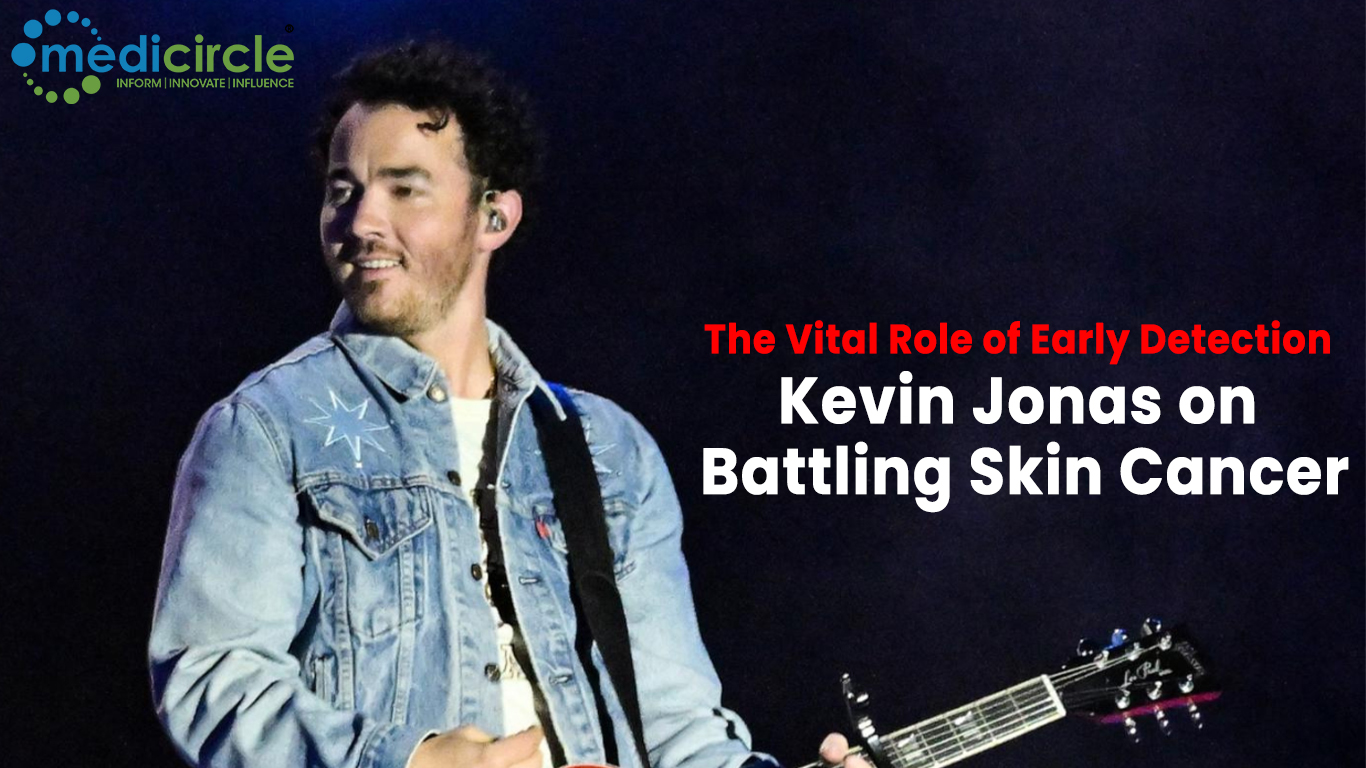
 By openly discussing his experience, he has encouraged his fans and the broader public to take skin health seriously. His message is clear: Don’t wait for symptoms to appear.
By openly discussing his experience, he has encouraged his fans and the broader public to take skin health seriously. His message is clear: Don’t wait for symptoms to appear.






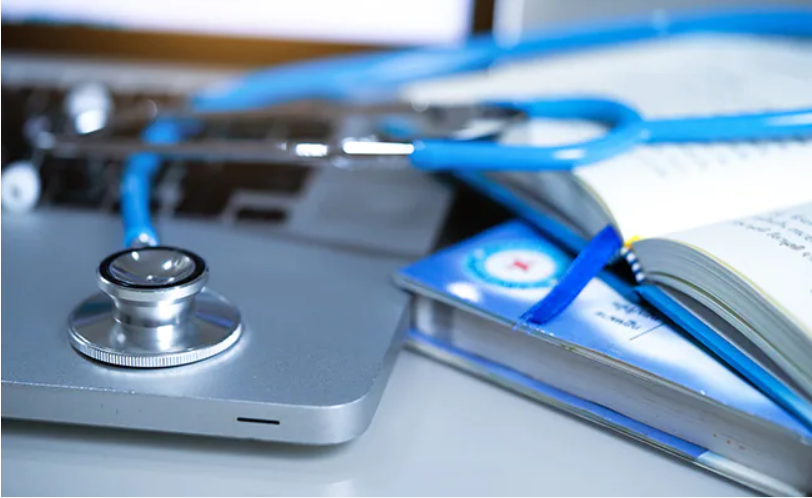


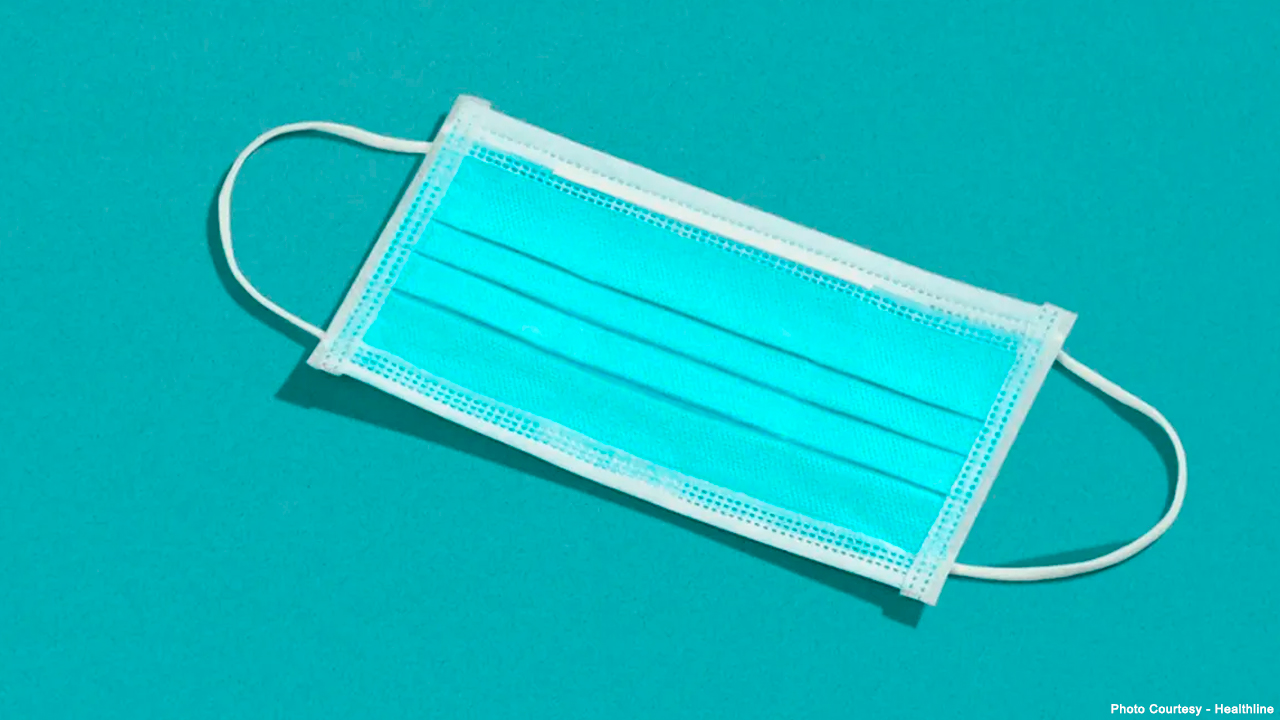
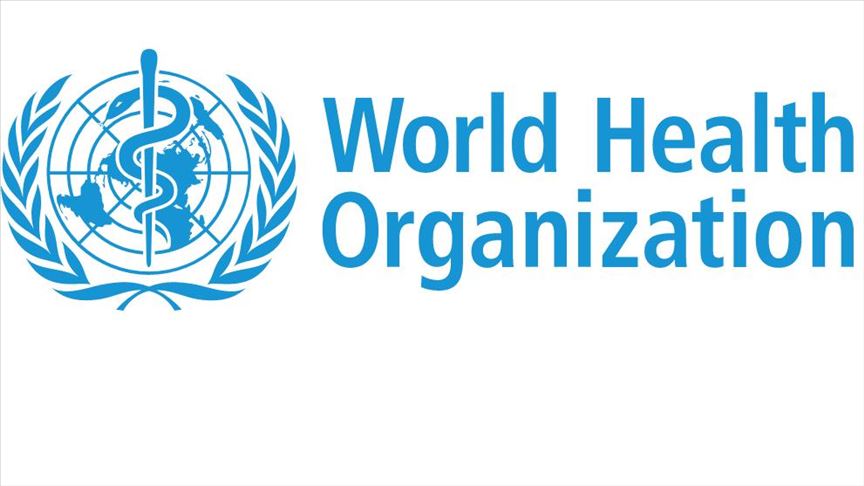

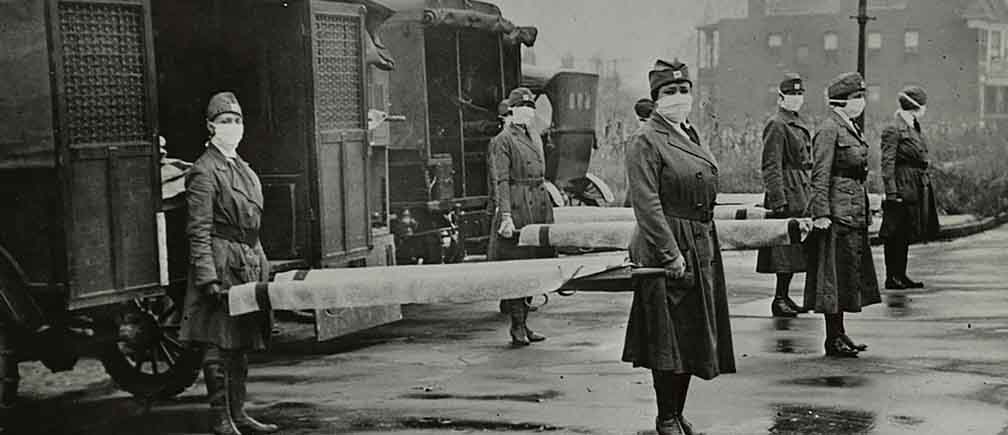
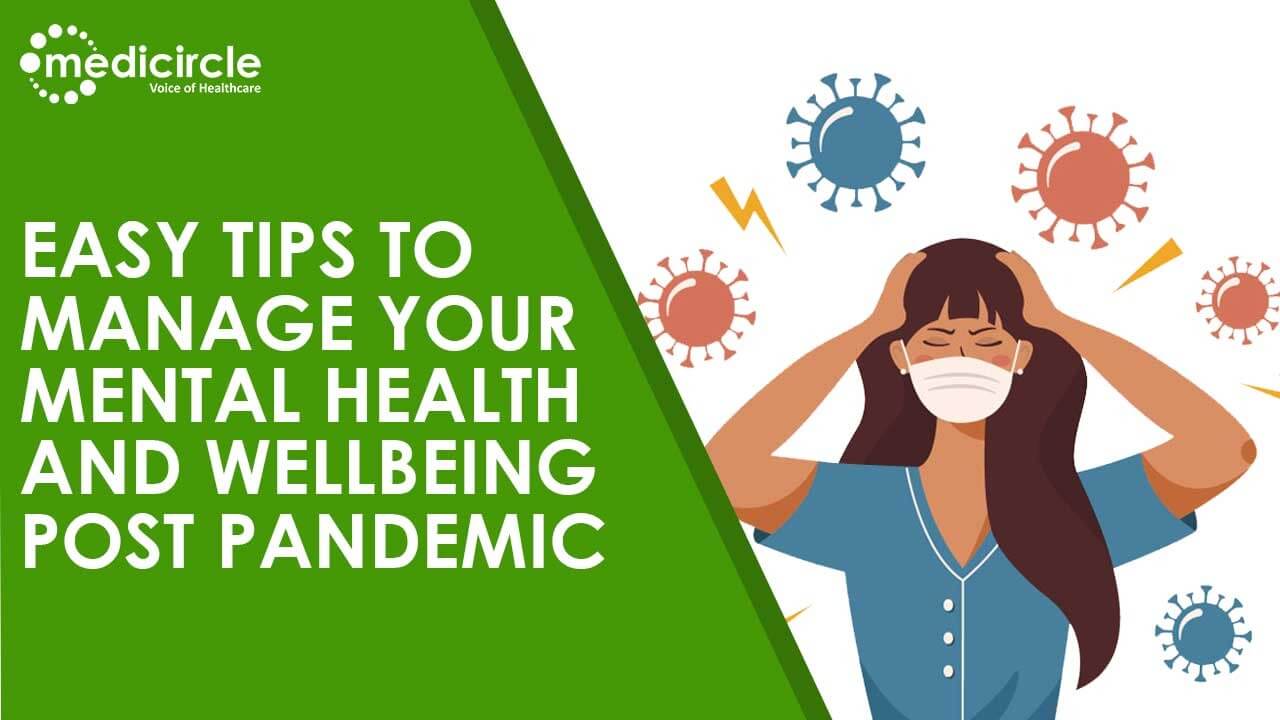






.jpeg)

.jpeg)










.jpg)




.jpg)

